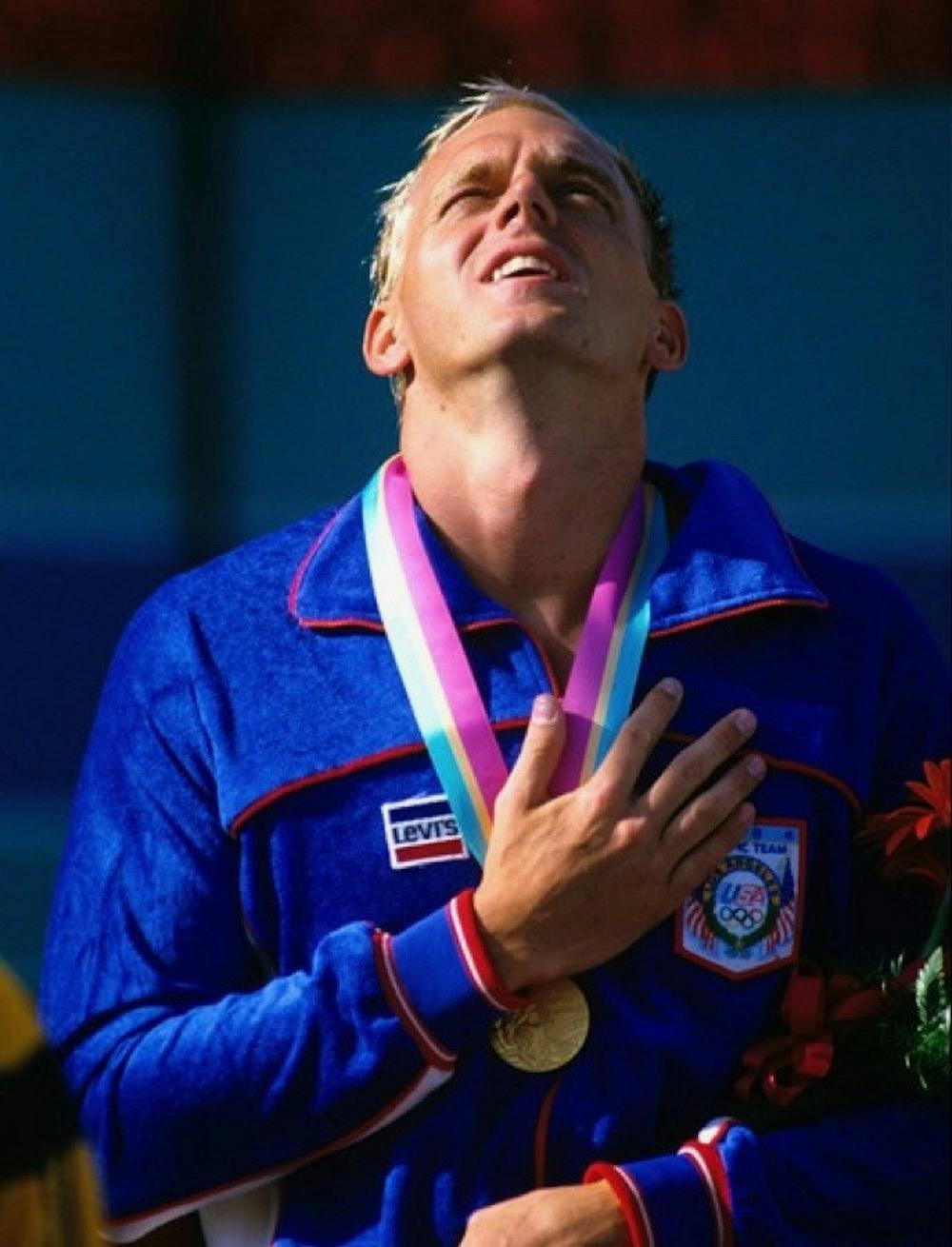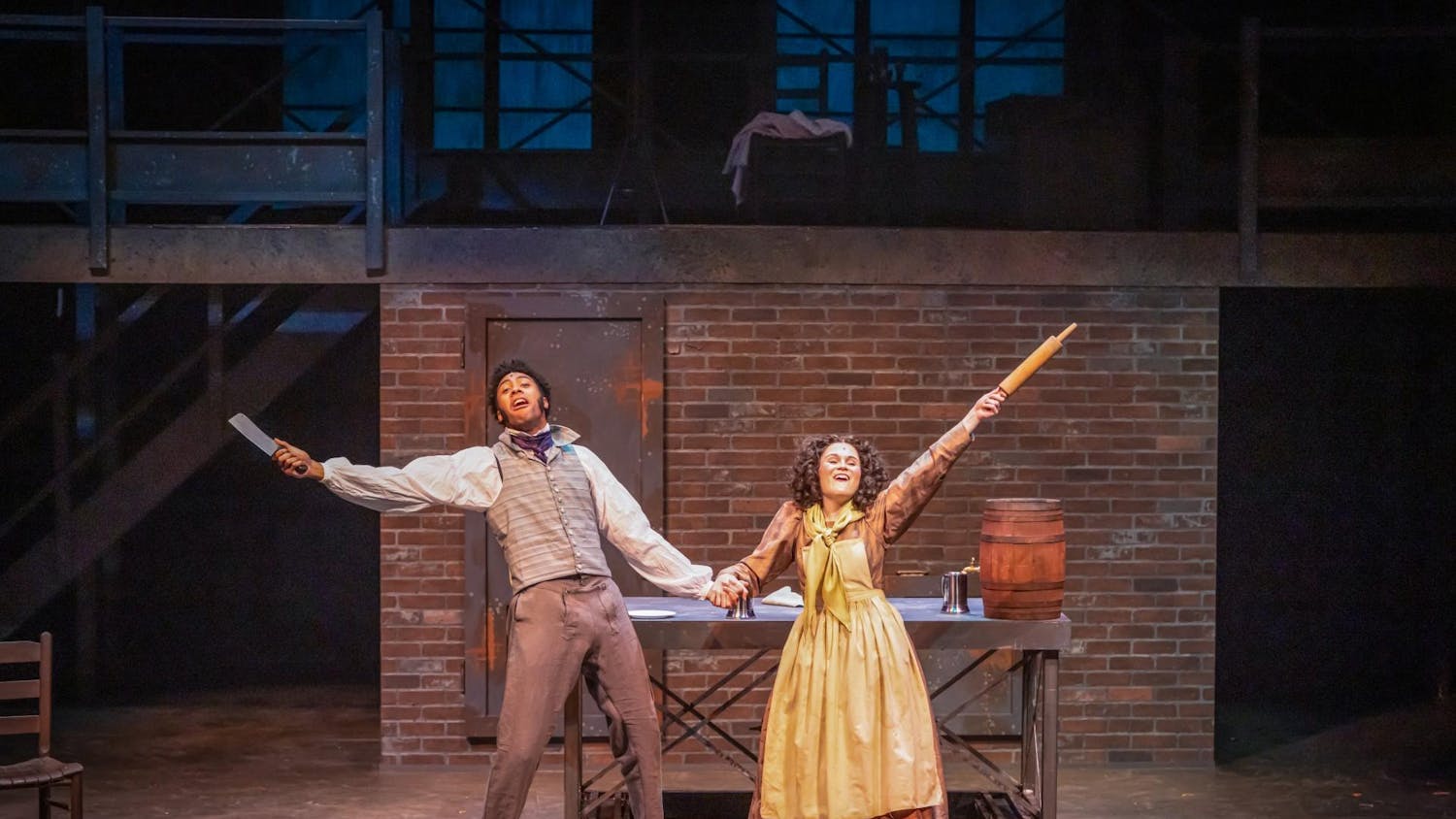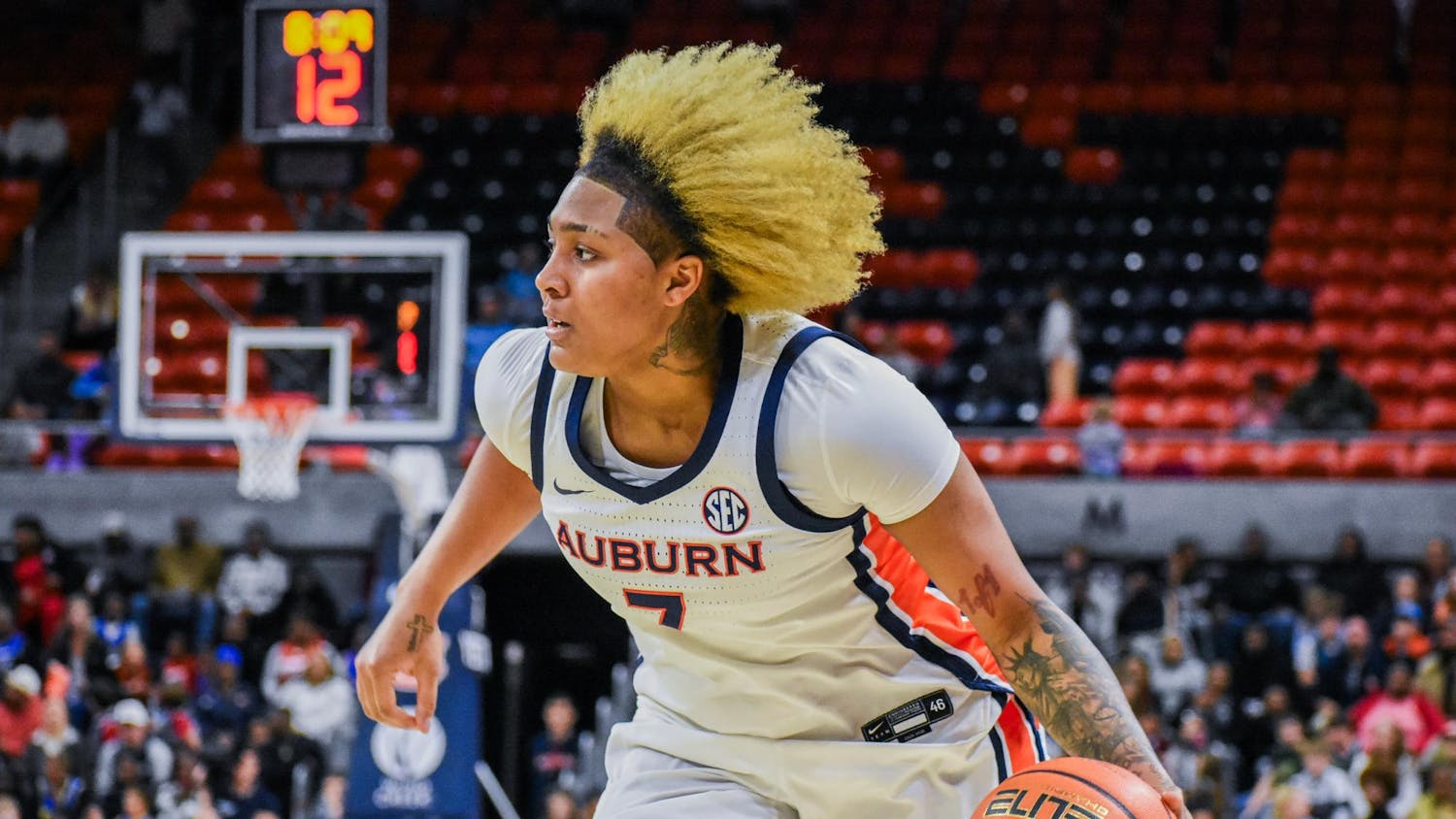Ambrose “Rowdy” Gaines IV is a three-time Olympic gold medalist, but his journey to success was not without waves of difficulty.
Swimming was not always his first choice of sport. In high school, Gaines tried out for nearly every sport he could, yet he could not find success. That is, not until he tried out competitive swimming at the age of 17.
Despite Auburn not initially being on his radar, Gaines quickly fell in love with the university and the town. He ended up choosing Auburn as it was the only school to offer him a scholarship.
“Auburn changed my life,” Gaines said. “I kind of grew from a boy to a man [at Auburn].”
Through constant practice, dedication and great coaching, Gaines quickly became one of the nation’s top swimmers.
Entering his junior year of college, Gaines was at the peak of his swimming career. He was favored to win five gold medals at the 1980 Olympic games in Moscow.
However, the U.S. boycotted the Olympics to protest Russia’s invasion of Afghanistan, meaning Gaines was not allowed to participate in the games.
Gaines was bitter at first. He relied on the support of his family, coach and teammates to continue to train.
From this support, Gaines went on to be a 22-time NCAA All-American, winning numerous titles and breaking 14 world records during his time at Auburn.
Gaines graduated in Spring 1982. He continued to swim competitively after his graduation, trying to reach his goal of a medal.
In 1984, Gaines would get another shot at Olympic stardom after he qualified for the Los Angeles games.
Gaines was one of the oldest swimmers at the age of 25. Still, he won three gold medals: the 100-meter freestyle, the 4×100-meter freestyle the 4×100 medley relay.
“It was an amazing feeling [winning a gold medal]. A feeling of joy, a feeling of accomplishment and a feeling of humility,” Gaines said. “Being able to represent your country was the greatest joy of all.”
It was in 1991 that Gaines was diagnosed with Guillian-Barré syndrome, a neurological disorder affecting the nerves. He was paralyzed for months and wasn’t able to swim.
Gaines kept on fighting. In 1992, he commentated his first Olympics on NBC in Barcelona, serving as a swimming analyst for the races.
In 1996, he qualified for another Olympic trial after recovering from Guillian-Barré syndrome. He chose not to compete, but to instead commentate.
Today, Gaines is known as “The Voice of Swimming,” as he’s commentated the last nine Olympic games and the most recent SEC swimming and diving tournament.
Gaines also works with “Step into Swim,” an organization that provides free swim lessons for children. He visits Auburn each year to help with an annual swim camp.
Through triumphs and setbacks, Gaines has proven an enduring inspiration, consistently overcoming obstacles to achieve his aspirations.
“Life is full of peaks and valleys. The real champions I have found are the ones that can live through the valleys because you’re going to have a lot of them,” Gaines said.
Accrediting much of his success to Auburn through his coaches and the support of the community, Gaines will always consider Auburn his home.
Do you like this story? The Plainsman doesn't accept money from tuition or student fees, and we don't charge a subscription fee. But you can donate to support The Plainsman.
Sam Bainter, sophomore in English Language Arts Education, is the assistant lifestyle editor for The Auburn Plainsman.





